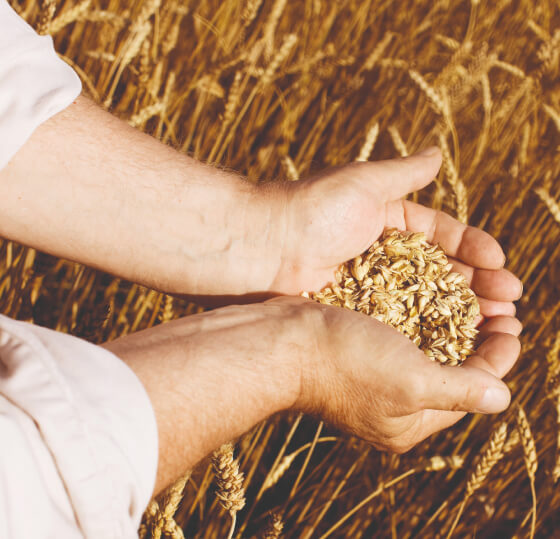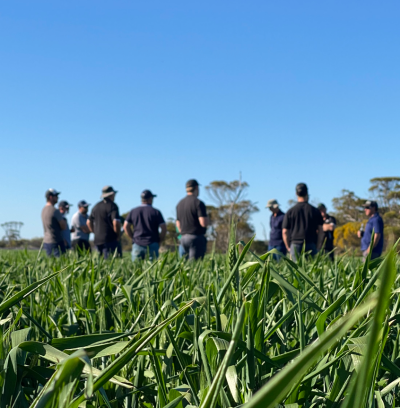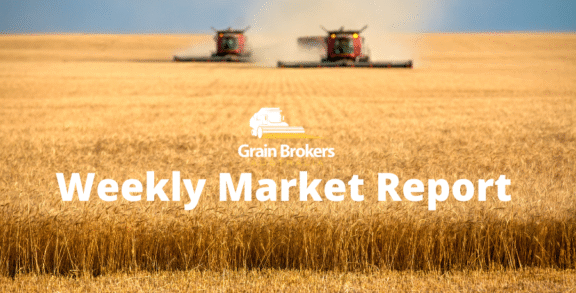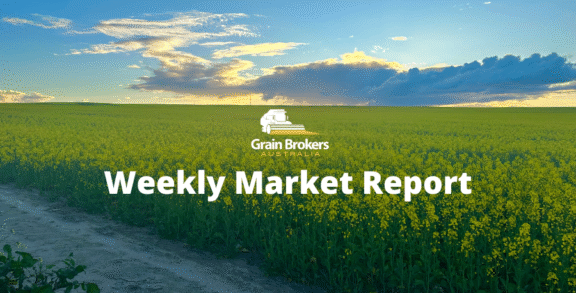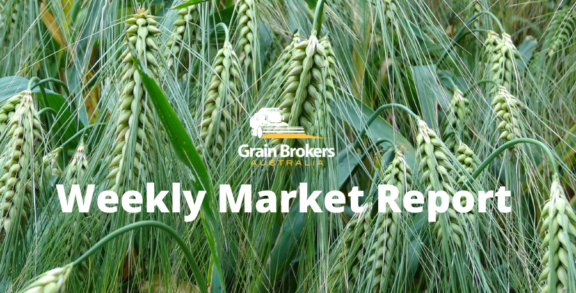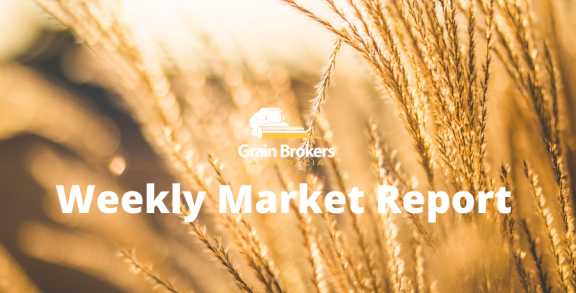
Australian and Chinese officials met in Beijing last week to discuss ongoing trade disputes, signalling a potential thawing of trade relations ahead of the release of the World Trade Organisations ruling on Australia’s complaint about unofficial barley tariffs imposed by China back in 2020.
The final WTO report on the barley dispute was reportedly due to be delivered to both parties late last week, following the delivery of an interim report sometime in March. However, there has been no confirmation forthcoming from either party. China has allegedly been pressing Australia for the past three months to drop the barley complaint and resolve the issue through diplomatic channels to avoid a strike against its name at the WTO.
Under the WTO dispute resolution process, the ruling on whether trade rules have been broken and the required remedies will be distributed to all WTO members within three weeks of the final report, and its recommendation adopted within 60 days unless there is an appeal by either party.
In November 2018, China initiated an anti-dumping and countervail investigation into Australian barley exported to China in the twelve months beginning October 1, 2017. Dumping occurs when a company exports a product at a price lower than it normally charges in its home market. Countervail cases examine whether dumping has occurred because a foreign government has provided subsidies or tax benefits to its producers.
After an 18-month investigation, the Chinese Ministry of Commerce concluded that both dumping and subsidisation had occurred. On May 19, 2020, it imposed a combined 80.5 per cent tariff on Australian barley, comprised of a 73.6 per cent anti-dumping duty and a 6.9 per cent countervailing duty. On December 21, 2020, Australia lodged an appeal in the WTO claiming the duty measures were inconsistent with provisions under the WTO’s Anti-Dumping Agreement, the Agreement on Subsidies and Countervailing Measures, and the General Agreement on Tariffs and Trade (GATT) 1994.
Before the tariffs were imposed, China was the primary destination for Australian malting barley and a key buyer of feed barley. While the tariffs immediately halted all new barley business with China, most existing deals were honoured. The last shipment of Australian barley to China was a 33,000 metric tonne cargo of malting barley that departed the Port of Melbourne in September 2020.
In the 2019/20 Australian grain marketing year (October/September), China imported 1.534 million metric tonne of Australian barley, but the tariffs impacted sales in the last four months of that year. Malting barley shipments totalled 1.043MMT or 77.8 per cent of Australia’s total malting barley exports for the season. Feed barley exports totalled 0.491MMT, making up 26 per cent of the season’s total feed barley sales. The unrelenting drought in the eastern states of Australia also significantly impacted the volumes available for export during the 2019/20 season.
Barley export volumes to China were significantly higher in the 2018/19 season at 2.377MMT. Malting barley shipments totalled 1.731MMT or 89.9 per cent of the entire season’s exports classified as malting barley. Feed barley sales came to 0.646MMT, or 37 per cent of total feed barley exports in 2018/19.
Last week’s discussions reportedly included officials from China’s Ministry of Commerce and Australia’s Department of Foreign Affairs and Trade. While there has been a resumption of coal trade between Australia and China in 2023, the barley tariff dispute is considered far more complex, requiring ‘highly technical’ discussions, according to Tim Ayres, Australia’s assistant trade minister. The complications around the barley trade impediments relate to the unofficial nature of the Chinese sanctions.
There is engagement and momentum, and officials on both sides appear prepared to enhance dialogue at all levels of government to negotiate a full resumption of trade. The recent meetings have reportedly set the scene for an official visit to China by Trade Minister Don Farrell in April. While a formal invitation is believed to have been accepted, a date is yet to be set for the high-level talks.
Since the Chinese tariffs were introduced in 2020, France has been a significant supplier of barley to Chinese maltsters, and to a lesser degree, the stockfeed market. The imminent WTO ruling pressured French values lower in late March, with European traders concerned that their free swing into the Chinese market could be about to end.
New crop barley deals were reported at a basis of €14-15 under the December Matiff milling wheat futures contract CPT (Carriage Paid To) Rouen at the end of March against trades of only €2 under just a week earlier. Exporters are reportedly quite nervous about the outcome of talks between Australia and China and the possible resumption of barley trade. Strong Chinese demand for French barley kept export values in line with French milling wheat in recent months, but that correlation has broken down as uncertainty around demand for new crop French barley rises.
The last reported barley sales into China were in the US$315-317 CFR (Cost & Freight) range for delivery in the new crop European slot of July-August. Nevertheless, Chinese buyers appear to have put the cue in the rack for the time being, awaiting the outcome of the intergovernmental discussions and Australia’s appeal to the WTO.
Taking current Russian values as the low water mark, barley out of South Australia and Western Australia would be more than competitive on a CFR basis into China. Against French values, there would be some upside for the grower and margin for the exporter. However, assuming the northern hemisphere spring is kind, the next Chinese buying campaign will likely be in May, when there is more certainty around Russian, Ukrainian and French production. In the meantime, the waiting game continues for Australian growers and exporters.
Call your local Grain Brokers Australia representative on 1300 946 544 to discuss your grain marketing needs.
